The recent attack on Emirati and Bahraini soldiers during a training mission in Somalia has not only resulted in tragic loss of life but has also shed light on the complex dynamics of security operations in the region. The United Arab Emirates (UAE) Ministry of Defence confirmed the deaths of four Emirati soldiers and a Bahraini officer, describing the incident as a “terrorist act” that occurred while the soldiers were engaged in training and supporting the Somali Armed Forces. The loss of these soldiers is a stark reminder of the risks associated with foreign military involvement in conflict zones.
The UAE expressed its commitment to collaborating with the Somali government in investigating the attack and bringing the perpetrators to justice. However, the revelation that the assailant was a member of the Somali army has raised concerns about internal security challenges within Somalia’s military apparatus. This incident underscores the importance of addressing issues such as corruption, factionalism, and infiltration within the Somali security forces, which can undermine efforts to stabilize the country and combat extremist threats.
President Hassan Sheikh Mohamud of Somalia extended his condolences to the UAE government and people, acknowledging their support in enhancing Somalia’s security infrastructure. This tragic event highlights the risks faced by international partners who are assisting Somalia in rebuilding its security sector. While military cooperation agreements aim to bolster security and stability, they also expose foreign personnel to heightened risks in volatile environments like Somalia.
The attack was claimed by Al Shabaab, a militant group aligned with Al Qaeda that has been waging a violent insurgency against Somalia’s central government and its foreign backers for over 15 years. Al Shabaab’s continued ability to carry out attacks despite ongoing efforts to combat terrorism underscores the persistent challenges facing Somalia’s security forces. The group’s ability to infiltrate the Somali army and carry out attacks from within raises questions about the effectiveness of security measures and the need for greater vigilance in screening and vetting personnel.
The incident also raises concerns about the broader implications for regional security and stability. Somalia’s instability has long been a source of concern for neighboring countries and the international community, as it provides fertile ground for extremist groups to thrive. The attack on Emirati and Bahraini soldiers underscores the interconnected nature of security threats in the region and the need for coordinated efforts to address them.
It is clear that the attack on Emirati and Bahraini soldiers in Somalia highlights the complex security challenges facing the country and the broader region. It underscores the importance of addressing internal security issues within Somalia’s military and the need for greater international cooperation in countering extremism and promoting stability. While the loss of these soldiers is a tragic reminder of the risks associated with military interventions in conflict zones, it also serves as a call to action for renewed efforts to address the root causes of conflict and instability in Somalia and the wider Horn of Africa region.

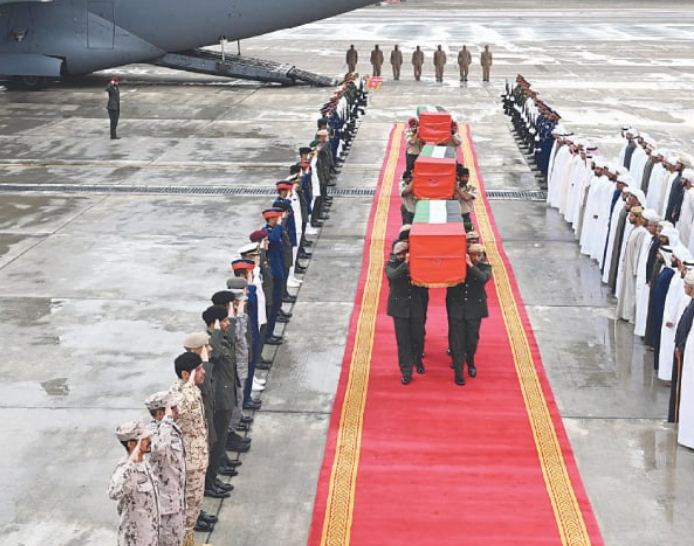


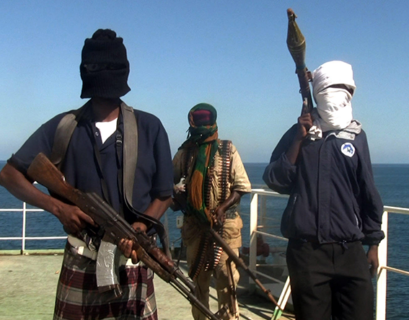
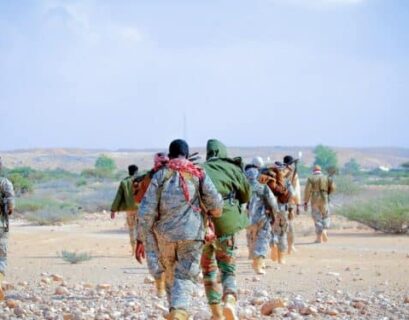
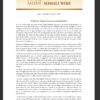


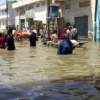







Comprar Cialis 20 Mg Original
I think, that you are mistaken. I can defend the position.
Cialis 5 mg prezzo prezzo cialis 5 mg originale in farmacia tadalafil 5 mg prezzo